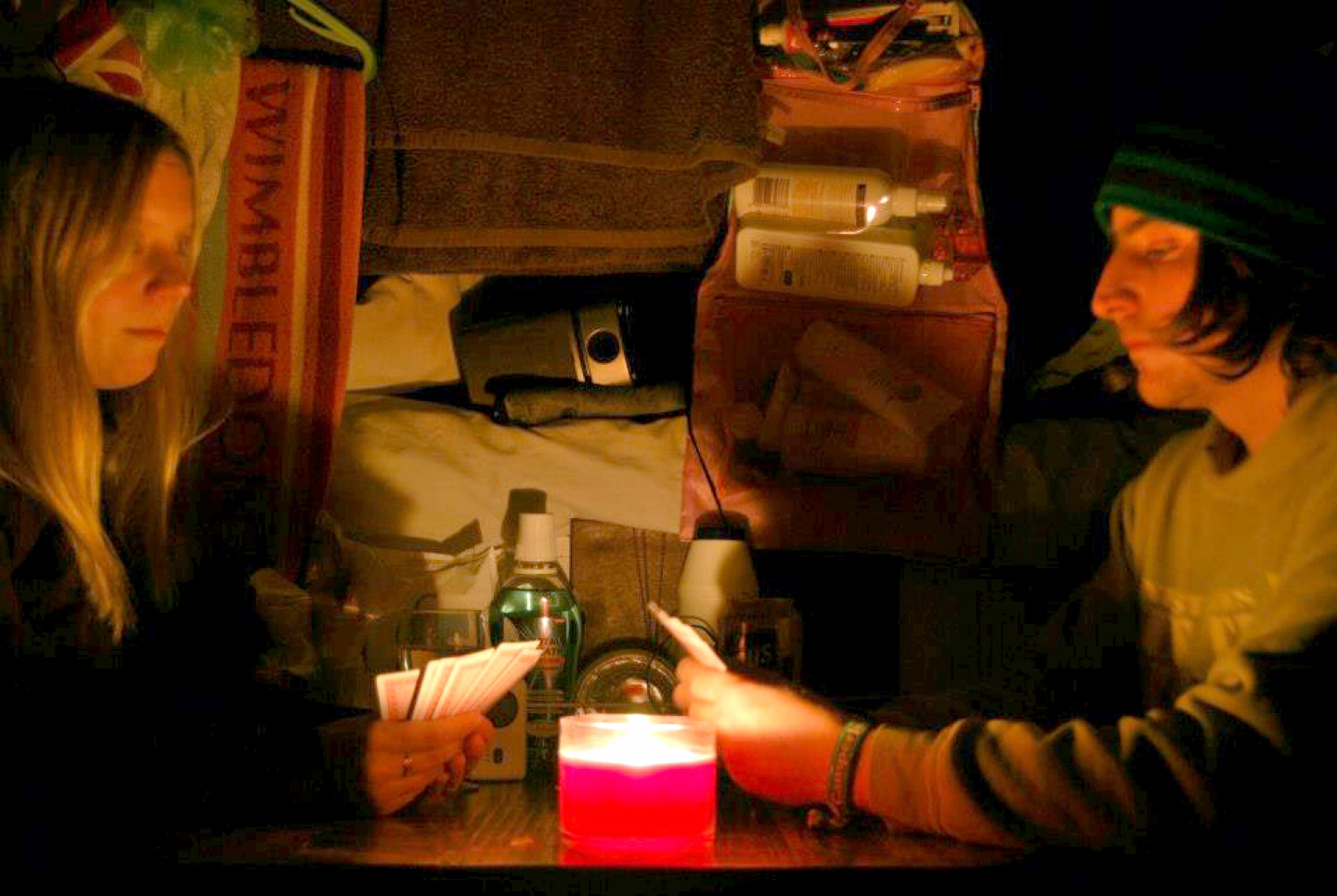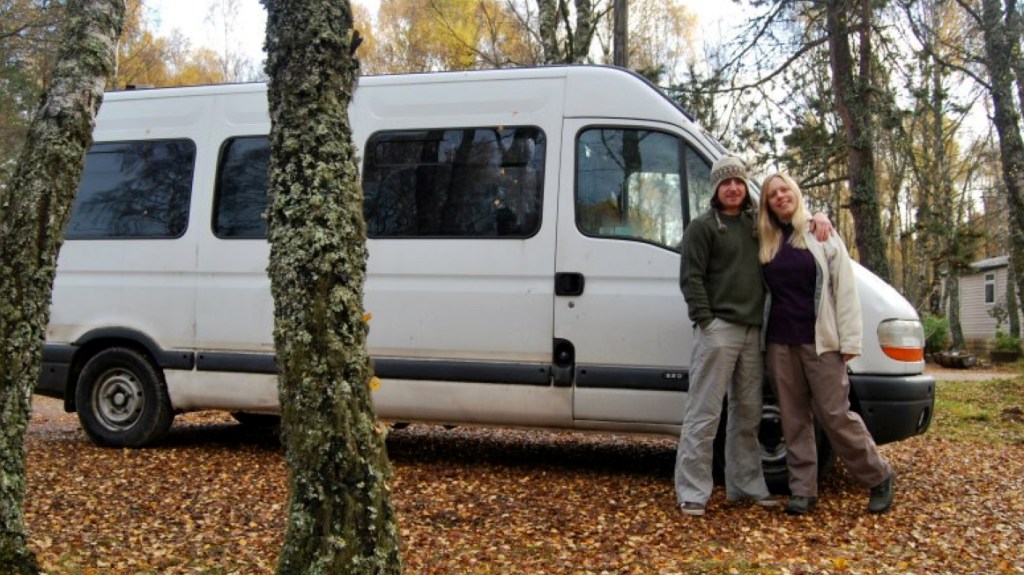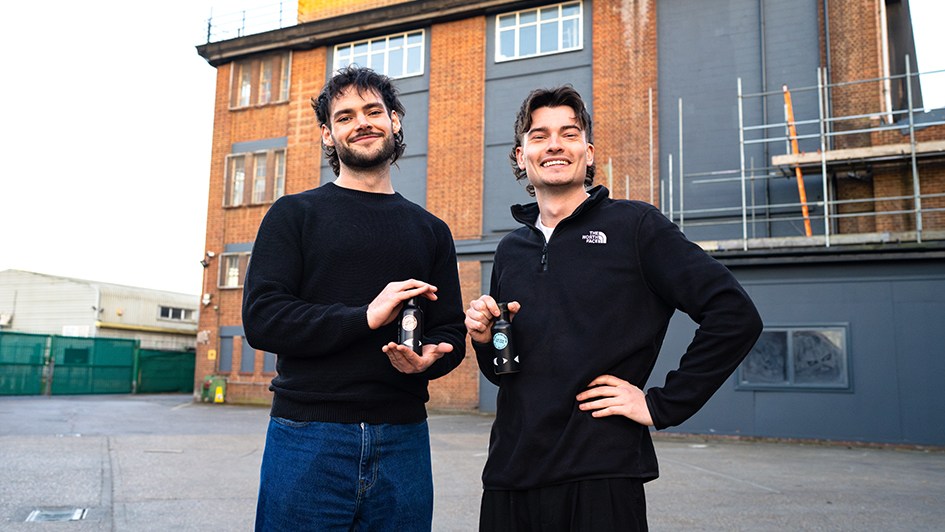Can Living in a Van Help You Save for a Dream Wedding or Vacation?
In June 2018, Jemma Harrison, a 44-year-old private chef working on superyachts, faced the reality of her financial situation. To eliminate debt and acquire a home, she made the bold decision to leave her rented room in Bristol, costing £600 monthly, and relocate into a decade-old transit van.
She liquidated most of her belongings, storing the essentials in her mother’s loft in Scunthorpe. The van, which set her back £6,000, included a sleeping space and a kitchenette.
“I had to live frugally, even using a bucket for a toilet. However, since I worked on yachts or in private residences for extended periods, paying for a room felt wasteful,” she shared, noting that she managed to save the majority of her £5,500 monthly income while living in the van.
However, the onset of the Covid pandemic drastically reduced her work opportunities, leading to a debt accumulation of £14,000. A turning point came when a friend, who owned a wedding venue, asked her to house-sit, allowing her to gain some space and a bit of income. Subsequently, she took more house-sitting opportunities, including working as a chef in a private home in Los Angeles for two months. “They were incredibly wealthy. The house was enormous, with 12 bathrooms—ironic, considering I was still using a bucket at home,” Harrison remarked.
By May 2022, her savings had reached £50,000, enabling her to purchase a three-bedroom terraced house built in the 1900s in Falmouth, Cornwall, for £235,000. “It’s genuinely my dream home, and it definitely surpasses van life,” she said.
Unique Strategies to climb the Property Ladder
The significant rise in property prices over the last decade, alongside the escalating cost of living, has made homeownership increasingly challenging for first-time buyers. It’s no surprise that some are resorting to unconventional methods.
Lloyds Banking Group reported that the average deposit required for a home in 2024 is £61,090 with an average property price of £311,034. Property prices continue to rise, currently around 2% annually, as reported by the property site Zoopla.
While not everyone can adapt to van living, Mary Green, an advisor from Rosewood Financial Planning, suggests that setting a manageable financial target can be beneficial. “Some individuals aim to limit extra spending for a year, steering clear of takeaways, outings, or new clothing. If that feels overwhelming, try having one no-spend day per week or a couple of weekends a month without overspending.”
“I Biked to Work to Fund My Gap Year”
In 2021, Freddie Tubbs decided to embark on a journey around the world and opted to sell his cherished Ford Fiesta, cycling the 14-mile round trip to his marketing job that paid £28,000 annually.
At 31 and residing in Manchester, Tubbs explained, “Paying £600 monthly for my flat made it tricky to save.” He sold the Fiesta for £3,500 through Autotrader and purchased a second-hand hybrid bike for £150. “Once, I even took three buses to reach a friend’s birthday, and I would occasionally cycle ten miles just to attend social events.”
Alongside giving up his car, Tubbs picked up extra shifts at a local café, bringing in an additional £100 each week. By September 2022, he had saved £5,000 and spent a year exploring Southeast Asia and South America.

A high-interest savings account can enhance your savings, and long-term goals might benefit from investment options. Green noted, “A stocks and shares ISA can be an excellent choice for saving over several years due to its tax sheltering on growth.”
“For shorter-term objectives, a cash ISA could yield about 5%,” she added.
“We Lived in a Van to Fund Our Wedding”
The guests at Gary and Carrie Ann Booth’s wedding at Rampsbeck Country House Hotel in Penrith, Cumbria, were captivated by the stunning venue, unaware that the couple had spent 19 months living in a van to accumulate the £10,000 required for their special day.
Both 43, they saved £525 per month after purchasing a 12-year-old Renault Master, previously used as a passenger ambulance, for £1,300 via eBay. The van was furnished with a spacious double bed, kitchenette, and table.
“We enhanced the table, added a work surface, and bought a camping stove for meals,” Carrie Ann said.

Living with their two dogs, Mister (a collie cross) and Bucky (a border terrier), was quite simple: “We had a heater powered by the battery that could only be on for an hour. There was no running water, and we relied on head torches for light.” Carrie Ann used gym facilities for showers while Gary, who works in outdoor education, utilized his workplace amenities. They often depended on public restrooms or local supermarkets.
“Gary commuted to work in the van, and I had a small car,” shared Carrie Ann. “We varied our parking spots each night. After finishing work, I’d buy dinner and then check in with Gary about our sleeping arrangements. On weekends, we would drive into the Lake District, making it feel like a holiday.”
You can legally live in a van or motorhome as long as it is taxed, insured, and registered, and you possess a valid driving license. While there isn’t a specific law against sleeping on public roads, many local councils prohibit it. Parking in lay-bys or car parks—such as near a pub—may be acceptable, but it’s advisable to check for signage. If parking on private land, permission from the landowner is necessary.
Following their wedding, the Booths rented a three-bedroom semi-detached home in Carlisle and developed a newfound appreciation for modern amenities. “I recall flushing the toilet and thinking about how wonderful it was. Even now, occasionally, I turn on a tap and truly value it,” stated Carrie Ann.

For those not keen on sacrificing comfort, alternative strategies exist. If you work remotely, consider house or pet-sitting, suggested Claire Sweet, a financial advisor from Canterbury. If you own property, renting it out while away—pending your mortgage lender’s approval—could also be a viable option.
“Focus on effectively managing your finances,” emphasized Sweet. “For instance, leverage reward credit cards for grocery shopping, then pay off the bill entirely each month, allowing you to earn benefits without incurring extra costs.”
Would Gary and Carrie Ann repeat their van experience? “Now that we have a child, the answer is no,” she said. “But we fondly look back on our time living in the van.”




Post Comment